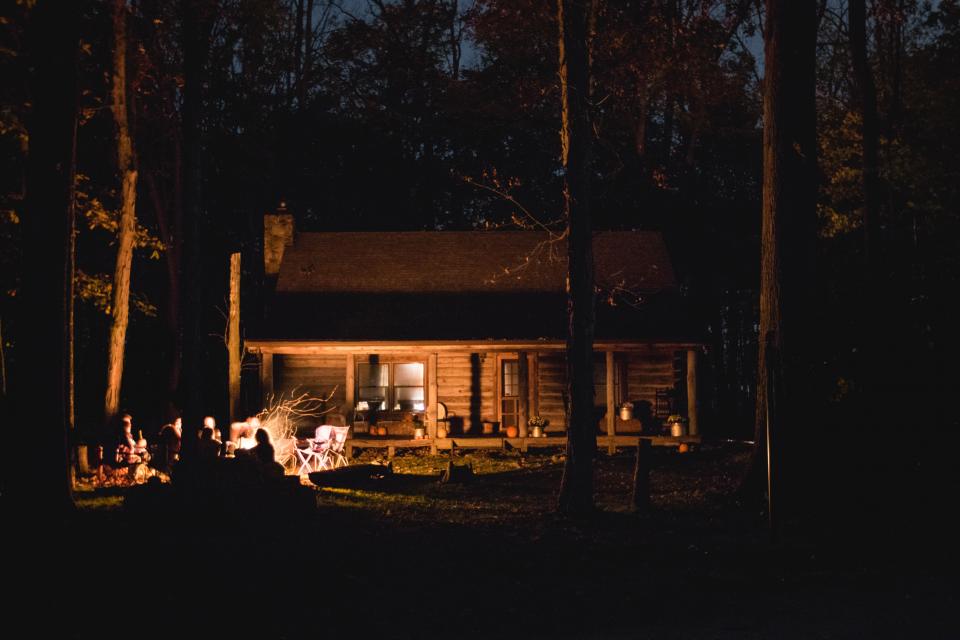You, like many other potential home owners, may find yourself in a quandary. You’re tired of paying rent and want to join the world of home ownership, but you’re not all that keen on household maintenance, lawn care or shoveling the driveway. Perhaps for you a condominium might be the perfect combination – pride of ownership without the drudgery. But what exactly is a condominium or condo?
The formal industry definition of a condominium is a home that you own outright just like any other property but where the maintenance and upkeep is administered by an outside entity, such as a strata corporation. While often consisting of units located within high-rise residential buildings, a condo can also include homes situated in low-rise (less than four story) residential buildings, townhouse or row house complexes; stacked townhouses, duplexes (one unit over another) or a side-by-side, triplexes (stack of three units), single-detached houses, or even vacant land upon which owners may build at a later date.
For many the condominium lifestyle can be very appealing. Generally condos are more affordable than other forms of home ownership with the added benefit of having someone else handling much of the maintenance and repairs. In some cases condominium owners also enjoy enhanced security features, underground parking, and a wide range of social, entertainment and recreational activities, depending entirely on the design and complexity of the individual condo project.
Condominiums are a unique form of homeownership. When you purchase a condominium, you own a private dwelling called a “unit.” Your unit is registered in your name. You also share ownership of the common elements and assets of the building and community. You can find information about your unit’s boundaries in your condominium’s governing documents.
Some condominium units (called freehold condominiums) include ownership of the land your home is on. If this is the case, your unit may be the entire house including the exterior walls, the roof and the lawn. You may want to carefully review the condominium corporation’s site plan, prepared by a professional surveyor, so you know exactly where your unit’s boundaries lie. Common elements may include depending on the project lobbies, hallways, elevators, recreational facilities, walkways, gardens and other amenities.
Three Basic Types of Condominiums
Condo purchasers have three primary choices; new condominiums, resale condominiums and conversion condominiums – each form has its own set of benefits and issues.
As the name implies, a new condominium is one that has yet to be lived in. If acquired during the planning stage custom modifications to the buyer’s unique unit can sometimes be made. For many people homes of this type are an attractive option because of their fresh appearance and modern fittings, surfaces and appliances.
Resale condos are typically older homes, properties that have already been lived in by others. One of the advantages of purchasing an existing condominium is that you get to see the unit, building and grounds before you make your purchase, unlike with a new unit that can exist merely as an artists rending. Buyers also have the opportunity to meet other unit owners, speak with a representative of the board of directors of the condominium corporation and ask questions of the property manager.
A conversion condo is normally a strata style home situated in a structure that was previously used for something else but has been, or is going to be, renovated for residential use. More often found in larger centers, homes of this type may include loft-style condominiums that have been converted from former commercial or industrial buildings. Conversions can also refer to the switching of units from rental units to condominium units.
When you own a condominium, in addition to paying for your unit and a proportionate share of the common property, you also pay monthly condominium fees (often as strata fees), along with all of the other unit owners. This payment covers the upkeep and replacement of common elements – whether you use them or not. The fees may also cover the corporation’s insurance policies, utilities and services such as snow removal. Part of the monthly fees is usually placed into a reserve fund to cover the estimated cost of future maintenance and repairs.
To learn more about the benefits and problems associated with condominium ownership, the Canada Mortgage and Housing Corporation has created a Condominium Buyers Guide that answers many of the basic questions about this special style of home ownership. The other key resource for any home purchase or sale is the advice and support of a professional REALTOR®. Their local knowledge and familiarity with the real estate industry is your best investment when making the jump from renter to homeowner.




